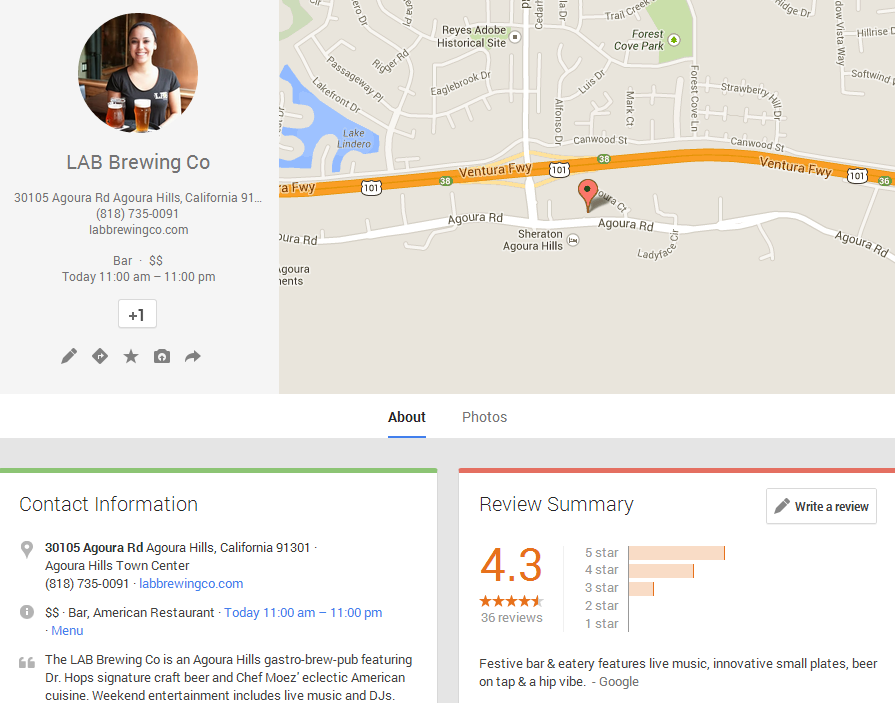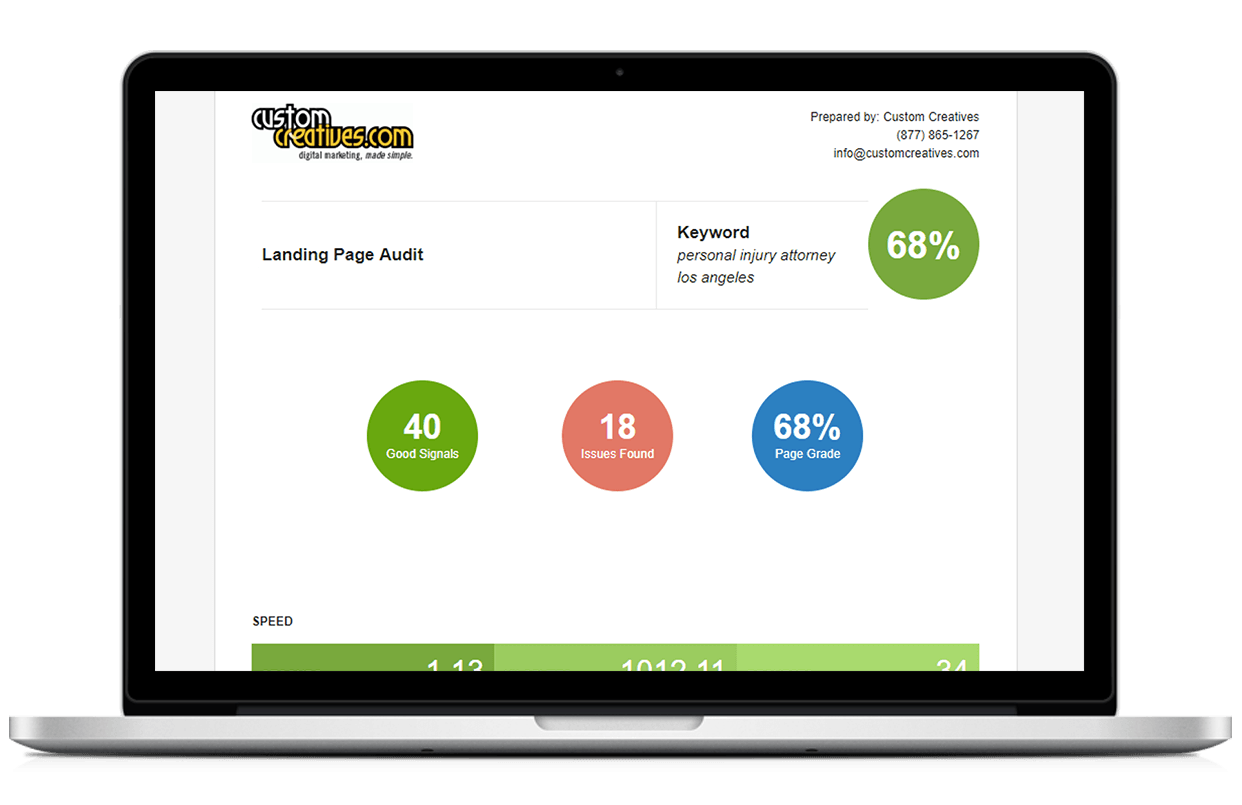As the owner of a website or blog, one of your primary goals is to attract as much high-quality traffic as you possibly can. One tactic to achieve that is by ranking higher in search engines through proper search engine optimization (SEO).
Ranking higher typically requires quite a lot of time and effort, but here are three easy and effective SEO tips you can follow yourself in order to climb up those search engine ranks…

The first order of business is to head to Google+ Local and set up your own business page. Google+ is Google’s social media networking platform, designed specifically to help socialize searches. A Google+ Local page is different from an individual’s Google+ profile.
Click here for instructions on how to create a local Google+ page.
Once you’ve set up a page, you also need to claim and verify it as well in order to complete the process. Having your own Google+ Local business page will help Google identify your website’s content as both local and purposeful. A Google+ Local business page will help increase your website’s relevance for search engine users, and will also improve click-through rates.
Google+ Local (now available to edit through the new Google My Business dashboard) allows users to read reviews and review your business, find you on the maps, know the history of the business, develop a greater relationship with you, operating hours, what services you offer, and payment methods. You can post coupons to increase sales for any period of time, push blog articles to followers, offer online customer support, and much, much more!
When it comes to search engine optimization, remember that content is both king and queen. If you want your website to rank highly in search engines, it is vital that you have fresh content. The only way to always have fresh content on your website or blog is to update it regularly – in other words, keep it fresh. Like vegetables.
Make sure that the content is useful and unique – this will be entirely up to you how to do that, and any Google search for “how to create great content” will result in a great big buffet of clever advice. Take the advice that works best for you, because every business is different, and what works for one business may not work at all for another.
Search engines love blogs because they are an excellent source of new content. For website owners, blogs tend to serve as a good opportunity to do some keyword targeting, which will help improve your rankings in search engines – if done correctly.
Blogs are helpful for real people, too: blogs are great for customer service and support. Statistics show that businesses with blogs tend to get far more traffic than their competitors who don’t, mainly when blogs are helpful to real customers. Click here for more amazing blogging statistics.

Meta titles are the blue links you see in search engine results. If you don’t have meta titles for your content pages on your blog or website, the first thing to do is to add some. Meta titles are easy to add, and are among the most important algorithmic factors for any search engine.
You’ll want to ensure that the meta titles fit the content on a page. For example, if a page focuses on finance, you don’t want to have meta titles about cooking. Also, you should have a unique meta title for every page on your website. Meta titles are typically limited to 60 characters; anything past that will just be truncated in the search results.
The purpose of a meta title is to provide a description of both the purpose and content of every single page on your blog or website. This title will be utilized by search engines users as well as the actual search engines themselves.
There’s a whole world of things you can do to improve your website’s search engine rankings, and these are just three of them. But as you can see, some of the basic search engine optimization tasks are easy, and can even be enjoyable if you’re a do-it-yourself kind of person. The results most likely won’t be immediate, but they will definitely make a difference.
And of course, if you have neither the time nor the inclination, you can always talk to our SEO department to see what we can do to help you out.
Get your website's SEO strength evaluated and start getting more customers online.
Get My Free Website Audit